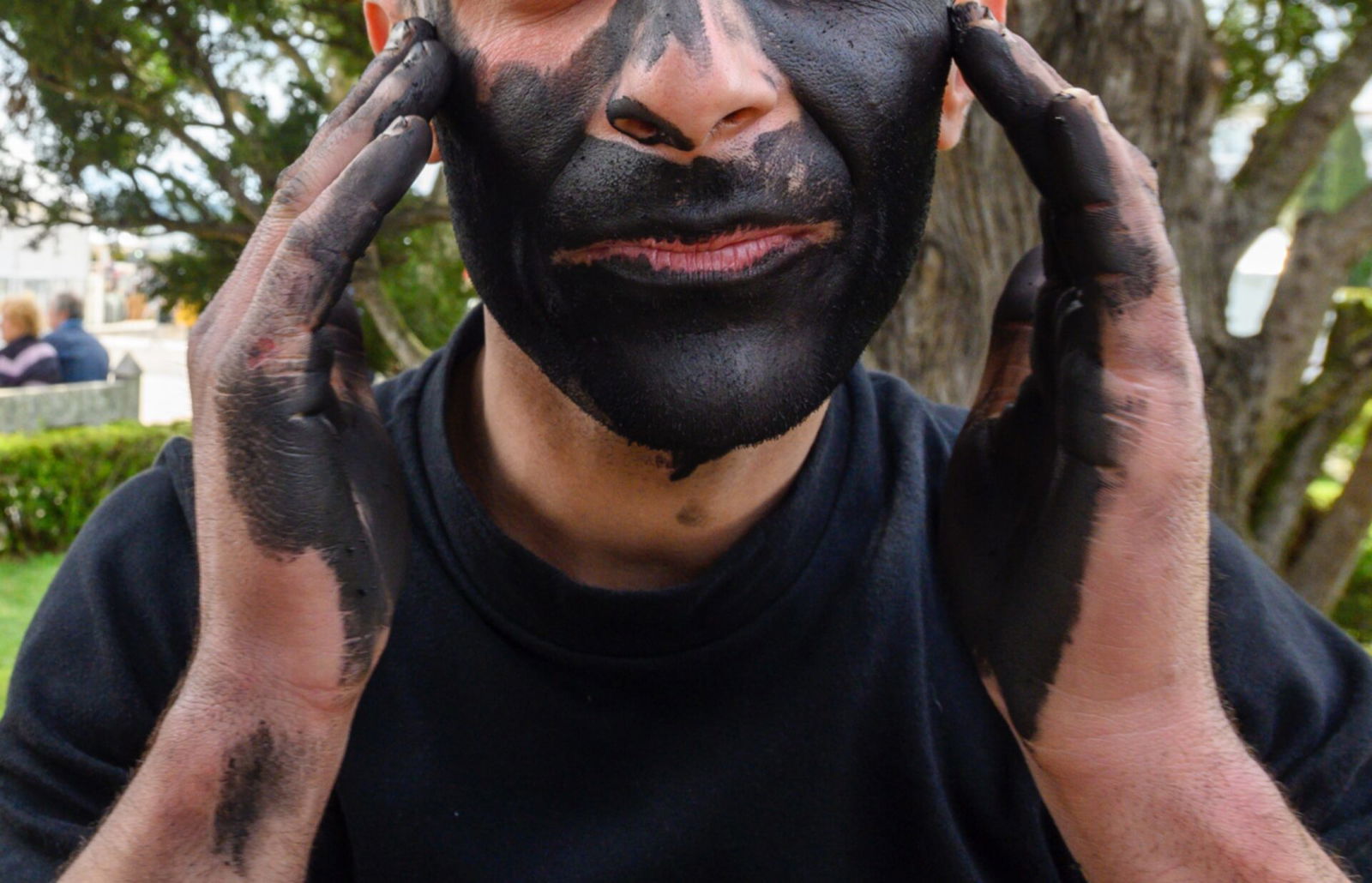
November 15, 2023
Blackface or Simply Paint? California Student Banned From Sports Over Blackface Incident; Family Claims Innocence
The student and his family maintain that he didn't know it was offensive.
A middle school student from California is sparking a conversation over what is deemed blackface or face paint.
The unidentified student, from Muirlands Middle School in San Diego, was recently suspended and banned from sports after being accused of sporting blackface during a football game. The incident occurred on Oct. 13, when the student was seen wearing black face paint on his cheeks, chin, and under his eyes. Muirlands accused the minor of mimicking blackface, defined as the painting of a person’s face in dark, exaggerated makeup to mock or ridicule Black people.
While the school noted the suspension as an “offensive comment [or] intent to harm,” the student’s family argues he only painted his face after seeing his friends do it when he got to the game, and that there was no racial bias behind it. In the sports world, it’s common for football players to wear dark face paint to protect themselves from the glare of the bright lights. Spectators and fans tend to do the same in support of their team.
Concerned about how the suspension would affect the student’s academic record, the family appealed to the San Diego Unified School District but was denied.
The student’s family then hired the Foundation for Individual Rights and Expression (FIRE), a free speech advocacy group based in Philadelphia. In a statement, FIRE defended the minor, saying he was doing what his friends were doing. FIRE’s director of public advocacy, Aaron Terr, said the appeal decision was handed down the same day the group sent a letter outlining its legal opinion that the student was exercising free speech protected by the First Amendment.
“My understanding is a lot of people were wearing face paint, and he wanted to join in on the fun,” Terr said. “We’re hoping … the district will reconsider the request for the suspension appeal.”
FIRE cited the ruling in the case of Tinker v. De Moines that the Supreme Court defined the First Amendment rights of students in U.S. public schools.
“In the seminal student speech case Tinker v. Des Moines, the Supreme Court held the First Amendment protected public school students’ right to wear black armbands to school to protest the Vietnam War,” the group argued. “The Court made clear school officials cannot restrict student speech based on speculative, ‘undifferentiated fear’ that it will cause disruption or feelings of unpleasantness or discomfort among the student body.”